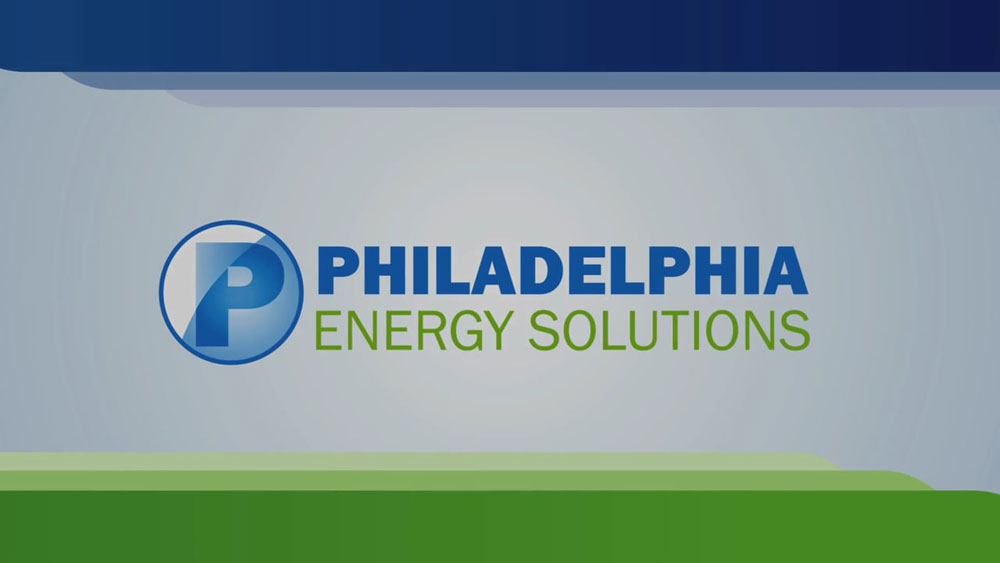
July 2, 2019; E&E News
The East Coast’s oldest gasoline refinery will be closed this month according to an announcement from its owner, Philadelphia Energy Solutions (PES). Citing two recent catastrophic fires at the South Philadelphia facility, the high cost of maintenance, market challenges, and the difficulties of recovering from bankruptcy, CEO Mark Smith said in a statement, “We are committed to an orderly process to safely wind down our operations.”
Philadelphia’s Mayor Jim Kenney noted, “I’m extremely disappointed for the more than one thousand workers who will be immediately impacted by this closure, as well as other businesses that are dependent on refinery operations.”
Smith’s announcement is a particularly bitter pill given the investments taxpayers have made to keep the refinery operational. In 2012, local, state, and federal agencies brokered a generous deal that created Philadelphia Energy Solutions, a partnership consisting of a Washington DC-based equity firm named the Carlyle Group and Sunoco. The bipartisan agreement provided $25 million in state grants, environmental liability waivers, local and state tax breaks, and the transfer of federal emissions credits from another Sunoco facility.
Sign up for our free newsletters
Subscribe to NPQ's newsletters to have our top stories delivered directly to your inbox.
By signing up, you agree to our privacy policy and terms of use, and to receive messages from NPQ and our partners.
PES also received $15 million in grants from the governor’s Redevelopment Assistance Capital Program from 2012–2014 to rebuild a catalytic cracker and $10 million from the Rail Transportation Assistance Program to increase the capacity of a railhead so the refinery could accept rail shipments from the Bakken oil fields in North Dakota. Pennsylvania taxpayers provided nearly all the public monies.
South Philadelphia has struggled financially since 2012. External changes such as lifting the ban on US oil exports and the 2015 collapse of crude oil prices have complicated the refinery’s ability to be profitable. PES cut wages, deferred maintenance, and scaled capital programs back.
However, the refinery’s real challenges are internal. Before declaring bankruptcy in 2018, the majority owner of Philadelphia Energy Solutions, the Carlyle Group, extracted a $600 million dividend payment, leaving the company strapped for cash. In 2017, PES began a lobbying campaign at the Environmental Protection Agency to have half its outstanding renewable fuel standard blending credits waived. Using multiple contacts as well as former employees of Rep. James Inhofe, Scott Pruitt’s mentor, PES was able to gain Mr. Pruitt’s attention and eventually a deal to waive the outstanding credits and give the company $175 million. Still, PES’s victory at the EPA was insufficient to save the refinery.
“You’re taking that public money and throwing it at a company that’s just going to funnel it to shareholders. If you take that taxpayer money and reinvest it into other training programs, job programs for union workers, economic development opportunities, we’d be somewhere different, somewhere better than we are today,” said Christina Simeone, senior fellow, University of Pennsylvania’s Kleinman Center for Energy Policy.—Skip Lockwood












